16 Aug Transit in Any Language Should Still Be a Smooth Ride
The federal government wants people with limited English skills to have clear and easy access to transit services. Executive Order 13166, “Improving Access to Services for Persons with Limited English Proficiency,” requires that recipients of federal financial assistance provide access to such populations, of which there are tens of thousands in California – 23 percent of the overall population of San Francisco, as an example.
 As recipients of Federal Transit Administration funding assistance, local planning and transportation authorities are examining the services they provide and developing plans that not only make access easier but also give “Limited English Proficiency” community members a chance to influence transit policies through public participation.
As recipients of Federal Transit Administration funding assistance, local planning and transportation authorities are examining the services they provide and developing plans that not only make access easier but also give “Limited English Proficiency” community members a chance to influence transit policies through public participation.
Over the last several months, Katz & Associates worked with both the San Diego Association of Governments and the San Francisco Municipal Transportation Agency to conduct focus groups and surveys that would identify how those agencies could better serve the needs of the LEP population. These efforts resulted in those agencies’ completing the required Language Assistance Plans. Normally, such efforts are relatively straightforward. But both research projects had a major, multilingual twist: they were accomplished in Spanish, Vietnamese, Chinese and Tagalog in San Diego County and in those same languages, plus Russian, in San Francisco.
In San Diego, Katz & Associates developed and distributed a written and online survey to employees of the major transit systems who interact with transit users; conducted intercept surveys in Spanish at four major transit stations; and managed 10 focus groups (four in Spanish; two in Vietnamese; two in Tagalog; two in Chinese) in various areas of San Diego County.
For San Francisco Muni, the project followed a similar pattern, including an online survey that compiled data, not only from focus group participants, but also from several dozen additional LEP customers and community-based organization leaders. Nine focus groups and 13 interviews with community leaders were also conducted.
Katz & Associates compiled data from employee surveys, intercept surveys and focus groups into comprehensive findings reports with recommendations on how the transit systems could improve services for LEP populations. These efforts were very successful, and reached program goals of completion of 100 intercept surveys, more than 100 focus group participants, and more than a 33 percent return of employee surveys. The data collected provided valuable information to the San Diego Association of Governments, the North County Transit District and Metropolitan Transit System.
In San Francisco, the Katz & Associates team compiled a detailed report that became a significant part of the Language Assistance Plan and further contributed to the SFMTA’s required Public Participation Plan.
Perhaps as challenging as the language differences, answered in both markets by competent subcontractors who provided both translations and moderator services, was the timeframe: both project reports were completed in less than two months – less time that it often takes to get a major project rolling!
For more information, please contact Joe Charest at jcharest@katzandassociates.com or Tania Fragomeno at tfragomeno@katzandassociates.com.
